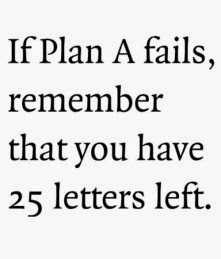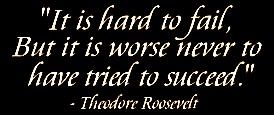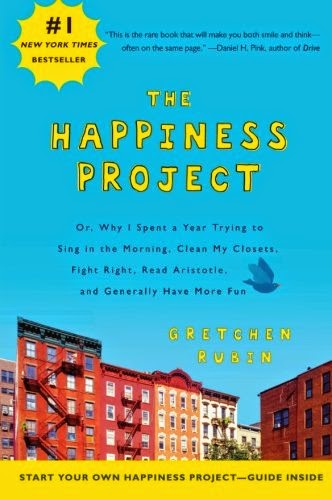
Do’s and Don’t’s of Self-Publishing
Self-publishing is a journey where you grow as a writer and as a person who has a business.
It’s all about hard work, and all about building a reputation as a writer. Self-publishing isn’t the challenge it once was but it’s not the time to chose it simply because it looks as if it’s a good options.
Should you self-publish your book?
Here are a few of my personal do and don’t.
Don’t: Self-publish a first draft of a book, I know we all want to get published, but an unedited draft isn’t the time to start a process of self-publishing. People, especially writers, who are close to their work will not find the mistakes in their own draft right away.
For example: ‘When it is a first draft, don’t self-publish a books, I now we all want to get published, but an unedited draft isn’t the to self-publish.’
Did you see the mistakes in the last sentence? It looks unprofessional and is the direct reason for a rejection by traditional publishers. It’s a shortened version of the paragraph before, and there are grammar and ‘spelling’ errors which a writer might not see, until after the publication.
Do: When you have edited your book and made a target market plan and a business plan for your book. It’s time to start researching the many ways you can publish a book, from hardback to paperback and if you want to use Kindle or Kobo to expand your base.
Don’t: When you’ve done a marketing plan and it looks as if, there is a market which is strong, and you can get your book traditionally published, assume that you should self-publish because you won’t get a contract. Do your research, there are a lot of books out there which aren’t bestsellers, but over time, the author is recognized for their hard work.
Do: Be careful of what you pay for. Marketing is not all about how much money you can spend on selling more of your book. Marketing is about getting your name out, by using the power of social media and word of mouth. If you do self-publish and edit it well and work hard, there will be success.
 Do: Consider self-publishing your book when it’s a family history, or something that most traditional publishers will say no to.
Do: Consider self-publishing your book when it’s a family history, or something that most traditional publishers will say no to.
Always have a plan, and be prepared to change it if it doesn’t work out. Self-publishing is about hard work and effort.
Don’t: Get talked into a “package” that is too expensive for your budget. If you have a budget of $500, then a $5000 package will not help you sell more self-published books. Doing a search on any of the search engines (Google, Yahoo, or Bing) will tell you what you can save by going to sites such as: CreateSpace, VistaPrint or even using a professional editor.
Getting a package deal is not in anyone’s benefit but the company. This is even more true when the company offers you only package choices, as the bigger the package the more money they make.
Do: This is where knowledge and research, know which companies sell the best average number of books. On average, most self-published authors sell forty-one books beyond family and friends. It’s not uncommon to have ‘bestselling author’ status for five minutes simply because fifteen family members bought a book in an hour. Buying a book will help, and one which is highly recommended is The Fine Print of Self-Publishing, Fifth Edition. It talks many things which can be found online, but in greater detail.
The more you understand about what people are looking for the more likely you will know what works for your book, and how many books you can sell as a self-published author with the budget and network that you have.
With self-publishing there is a slow and often small build-up to what a reader will see and want from you. A writer makes mistakes, as do editors. The important thing is to grow your knowledge of your own writing skills, and then money manage correctly.
It’s not an easy road, becoming a star in the self-publishing industry, but it is a rewarding one. If you do this for the right reasons you will always have success.
You May Also Like

The Publishing Possibilities are Endless
June 3, 2014
Marketing Your Paperback Book in an Ebook Market
March 9, 2013

